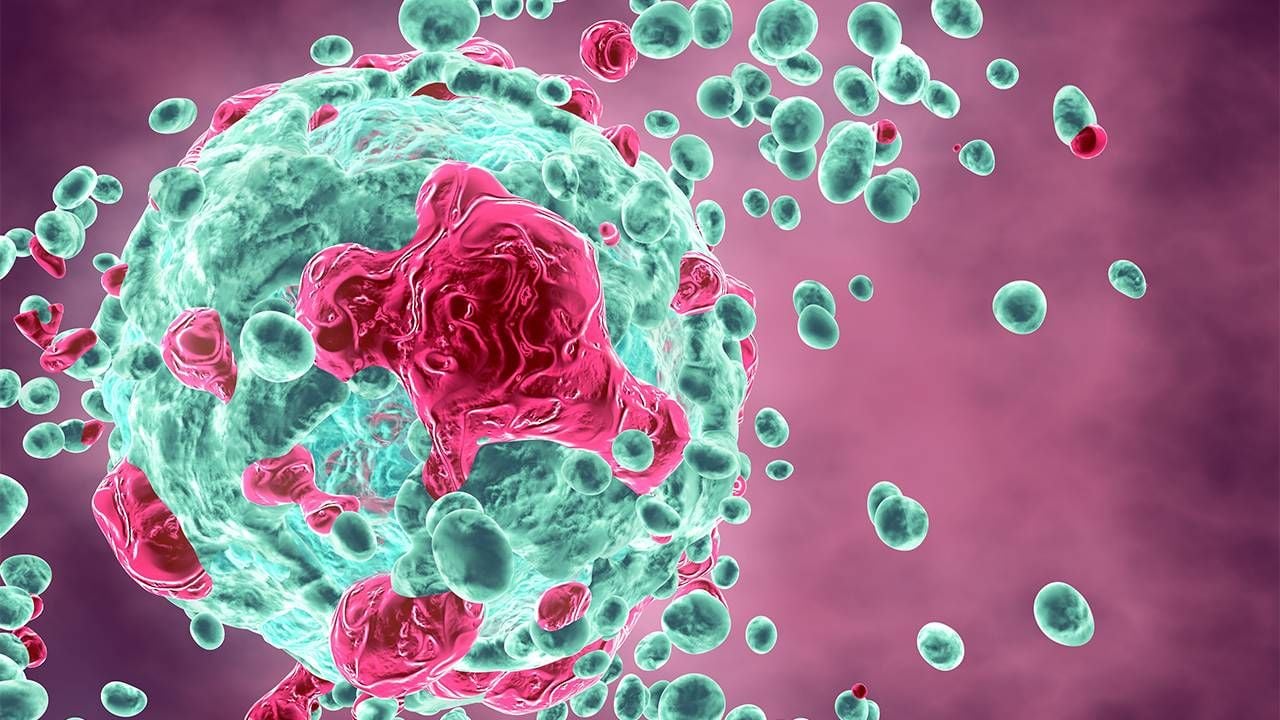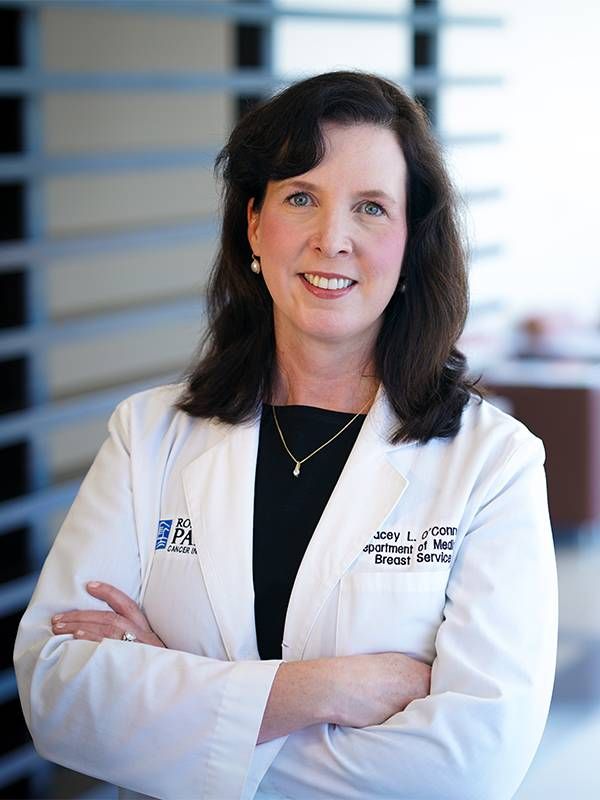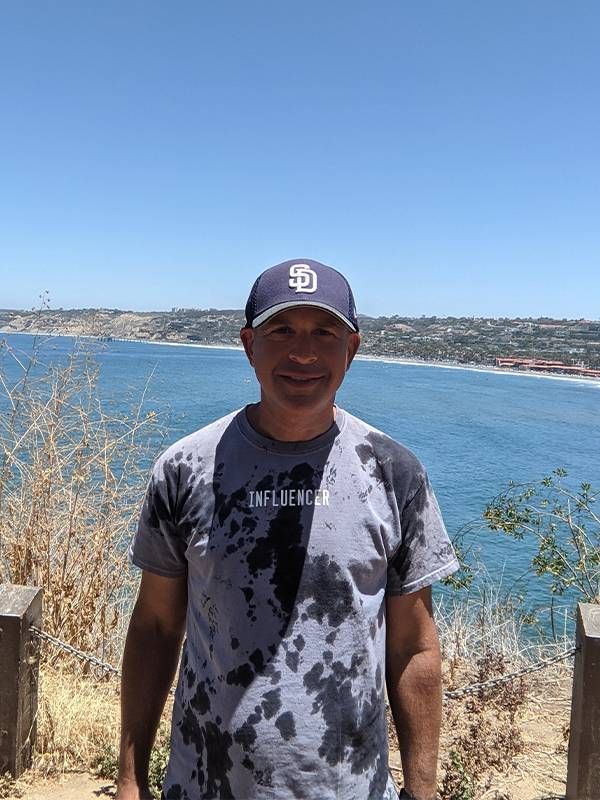What to Do When You Get a Cancer Diagnosis
How to take stock medically, financially and otherwise
I knew I had a problem when I woke up on a metal table in the hospital emergency department with a vague memory of collapsing. Before that, I'd become weaker with each day and my medical tests had failed to provide any explanation. A round of new assessments led to a doctor calling a member of my family to stand by my bedside for the results: I had cancer.

Protesting, I said: "But I don't smoke. I don't drink. I eat carefully." To which she responded that many cancers were not connected to smoking or drinking.
If the diagnosis reveals incurable cancer, "the reaction is much more likely to be associated with shock and sometimes denial."
"How this could happen?" I asked. "Mother Nature throws a genetic switch," the doctor said. "And it happened to be you."
Knowing that I was blameless, and that Mother Nature was the villain provided little consolation. This was the first of my three rounds with the dreaded "C." The second and third times were less traumatic because I became experienced at getting bad news.
Still, the question always arises for patients receiving a cancer diagnosis: "Now what do I do?" Many will ponder that question this year. The American Cancer Society somberly projects 1.9 million new cancer cases and 608,570 cancer deaths in 2021; 80% of all cancers in the U.S. are diagnosed in people 55 or older.
Taking Stock of Things After a Cancer Diagnosis
The diagnosis calls for a range of medical, financial and lifestyle decisions, all of which amount to taking stock.
Some cancer patients receiving the news initially go into shock, but others have prepared themselves for the potential news, said Dr. Tracey O'Connor, medical oncologist at Buffalo, N.Y.-based Roswell Park Comprehensive Cancer Center. "Many anticipate what we are going to talk about by the time they get to me … because they've had biopsies and other related examinations," she said.

However, O'Connor said, if the diagnosis reveals incurable cancer, "the reaction is much more likely to be associated with shock and sometimes denial."
One thing people learning they have cancer need to recognize, O'Connor said, is "that by and large the diagnosis of a cancer is rarely a medical emergency."
The patient, she said, can usually take the time to gather their emotions, compile information, understand treatment options and decide where and how they want to be treated. "They don't have to go with the first person who gives them the news," said O'Connor.
The importance of a second opinion is paramount. The family doctor may be able to refer the patient. Alternatively, the National Cancer Institute (NCI) has designated 71 cancer research centers across the United States that meet rigorous standards and deliver cutting-edge treatments.
If the diagnosis calls for surgery, the patient will be referred to a specialist, such as a breast cancer surgeon. There may be chemotherapy to determine whether the tumor shrinks or how the cancer responds. The four stages are often coordinated by a team of doctors, therapists and a social worker.
The treatment plan extends to the patient's abilities — for example, whether they are taking prescriptions correctly, able to get groceries and meet other day-to-day demands. There may be physical therapy to build up the patient's strength before surgery.
Preparing for the Financial Implications of Cancer
Taking stock of the financial implications of a cancer diagnosis can be as traumatic as dealing with the health implications.
The American Cancer Society's report, "The Costs of Cancer 2020 Edition," said patients typically must pay several thousands of dollars in the first one to three months after the first suspicion of cancer.
A year of out-of-pocket costs averages about $12,000 for lung cancer for someone with an individual Affordable Care Act Marketplace plan and roughly $6,600 for someone on Medicare with pancreatic cancer, according to The American Cancer Society.

Asbestos.com, an advocacy enter at the Mesothelioma Centre, says the average monthly cost of chemotherapy drugs can range from $1,000 to $12,000 and that a cancer patient on chemo could be responsible for $10,000 a year in out-of- pocket costs with co-insurance (when a patient pays a stated percentage of health care costs after the annual deductible).
The Mesothelioma Center notes that 63% of cancer patients and loved ones reported financial struggles following a cancer diagnosis.
So, it's not surprising that the stock-taking after a cancer diagnosis extends to financial details, said Peter Merrick of San Diego-based Merrick Wealth Management.
He recommends combing over life, disability and long-term care insurance policies to check for eligible benefits.
"An insurance policy is a contract and they're not all the same," noted Merrick.
In some cases, a life insurance policy can be upgraded after a cancer diagnosis. However, that depends on whether the policyholder bought a rider allowing this.
"The client might buy a rider that allows for the purchase of a million dollars of additional insurance but only allows for purchasing the coverage in $200,000 increments," said Merrick. "This is why it's important to understand (at the outset of a diagnosis) because you might have bought a rider that might or might not have an exclusion for cancer," he added.
Disability coverage for employed people with personal disability policies also depends on decisions made when buying the policy. The key is understanding the difference between two crucial phrases: "own occupation" and "any occupation."
Many financial advisers recommend adhering to a financial plan to handle money issues arising after a cancer diagnosis.
An "own occupation" policy refers to the policyholder's ability to practice his or her occupation while an "any occupation" policy refers to the ability to work at another, possibly lower-paying occupation.
Drawing payments under an "own occupation" disability policy doesn't preclude earning income in an unrelated profession. But with an "any occupation" policy, the insurer can insist that the disabled person look for work in an unrelated profession in order to receive benefits.
If a person diagnosed with cancer has a long-term care insurance policy and becomes unable to look after themself due to the cancer, that policy may provide financial assistance, depending on its provisions.
6 Steps for a Financial Plan
Many financial advisers recommend adhering to a financial plan to handle money issues arising after a cancer diagnosis. That can be done using the Six-Step Planning Process as a structure for the plan. The six steps:
1. Identify your goals
2. Identify your financial assets
3. Identify your obstacles — what you will need and do to move from your current situation to your goals
4. Write down your plan
5. Implement the plan
6. Set time to review the plan with an adviser and then adapt it, as necessary, to changes in your life
After a cancer diagnosis, it's wise to ensure you have sufficient money in emergency savings. Typically, advisers suggest enough to cover your expenses for three to six months. But you may need to boost that amount to pay your medical bills, which could require cashing in some of your investments.
Whether you have an adviser or not, make a complete tally of all your financial institutions — including bank, credit card and investment accounts — as well as your digital assets including social media accounts.
Redefining Lifestyle Decisions
Outside of medical and financial considerations, after a cancer diagnosis, it might become necessary to adjust — if not redefine — some lifestyle decisions.
Decisions about traveling will depend on where the patient is in the treatment trajectory and their strength and tolerance for treatment, said O'Connor.
It might become necessary to downsize your housing to a single-floor residence or apartment or to take early retirement or to ask your employer to reduce your workload.
The main concession may be taking more-than-average precautions. This was my situation before leaving for an important magazine assignment in the Middle East several years ago, after my diagnosis. Clearing the trip with my doctors afforded me the peace of mind to travel. Ultimately, the trip involved a demanding schedule of interviews in five countries and went well.
These days, I'm able to keep a full schedule, with regular follow-up tests and consultations.


